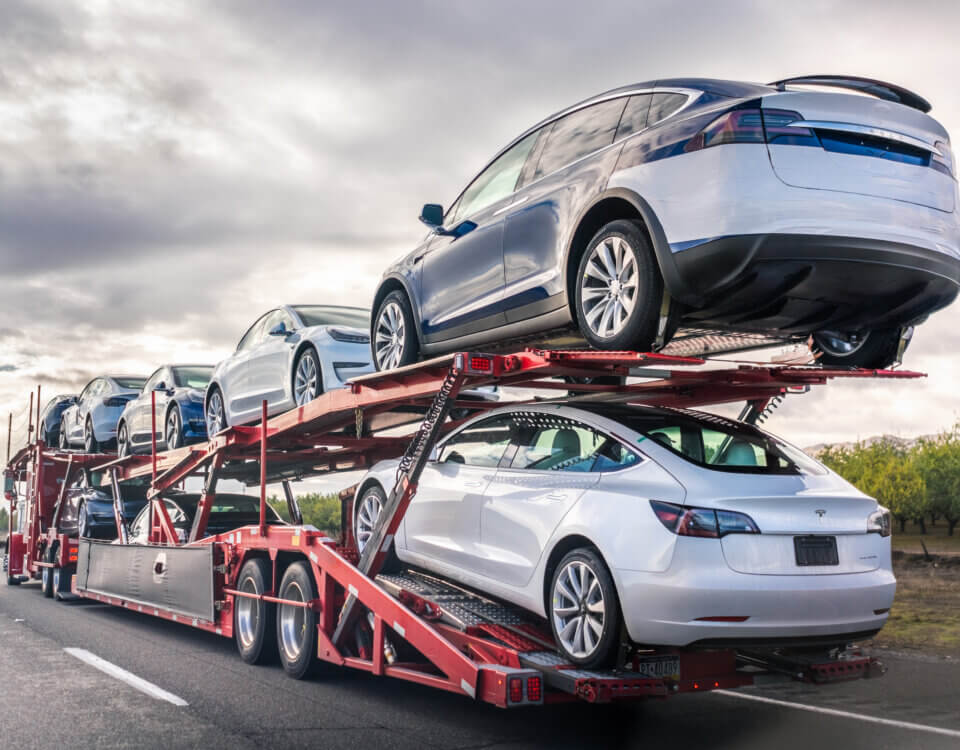In many large trucks and commercial vehicles there is a device often called a “black box.” Official names include event data recorder (EDR), electronic logging device (ELD), or electronic control module (ECM). These devices record information about how the truck was operating just before, during, and after a crash.
What the Black Box Records
The data these devices capture can include:
- Truck speed, acceleration and deceleration just before impact
- Brake usage and whether brakes were applied hard
- Engine RPMs and throttle position
- The status of cruise control
- How long the driver has been driving and whether required rest periods were followed
- Diagnostic trouble codes, warnings or failures in important systems
- Steering inputs or wheel turn data
Why the Black Box Is Important in Crash Cases
- It provides objective information that helps reconstruct what happened during the crash
- It can show whether the driver was speeding or braking too late
- It can reveal if fatigue or violations of hours-of-service rules played a role
- It may expose mechanical issues or inadequate maintenance
Legal and Practical Challenges
- The trucking company owns the data, which means it must be demanded or legally compelled to hand it over
- Data may be overwritten or lost if not preserved promptly
- Technical experts are often needed to download, interpret, and present the data in legal proceedings
What You Should Do If You Think the Black Box Matters for Your Case
- Let your attorney know immediately so the data can be preserved before it is lost
- Document everything about the crash scene, especially what you remember about speed, braking, or truck actions
- Seek medical attention and get records of all injuries so they can be tied to what the black box shows
How Hillstone Law Can Help
If you have been hurt in a truck accident Hillstone Law can help you locate, preserve, and analyze black box data identify all parties that may be responsible and use this evidence to strengthen your claim for fair compensation.
Note: These blog posts are created solely for the use of Hillstone Law. The information is gathered from internet research, publicly available sources, and artificial intelligence (AI) tools such as ChatGPT. While we aim to share helpful and educational content, Hillstone Law does not independently verify every detail. Some information may be incomplete, outdated, or subject to change without notice. If you believe any part of a post is inaccurate, misleading, or infringes upon copyright, please contact Hillstone Law immediately so we can review it and take appropriate action, including correction or removal.
Disclaimer: The material provided in these blogs is for general informational purposes only and should not be considered legal advice. Reading these posts does not create, and is not intended to create, an attorney-client relationship with Hillstone Law. Our intent is to share knowledge, raise awareness, and provide helpful resources to the public; however, Hillstone Law makes no warranties or guarantees about the accuracy, completeness, or reliability of the information provided, and expressly disclaims liability for any actions taken in reliance on it. The photos used in these posts are for illustrative purposes only and do not depict actual clients, individuals, or incidents unless expressly stated. If you or a loved one has been injured in an accident, please contact Hillstone Law at (855) 691-1691. Our attorneys are available to answer your legal questions and help you understand your rights.







